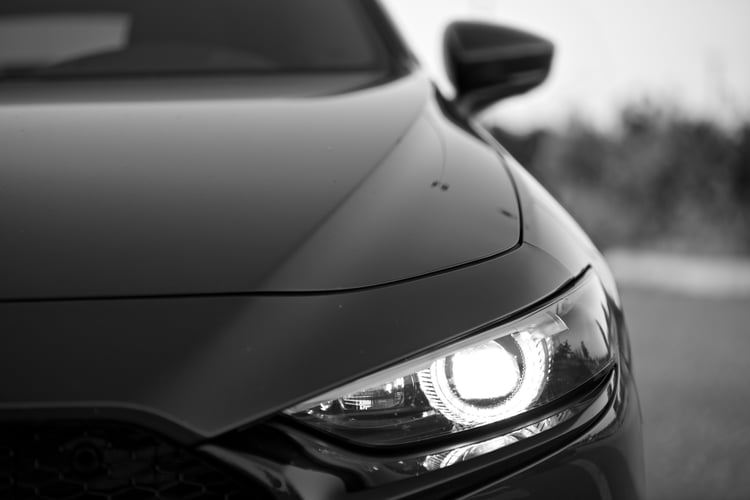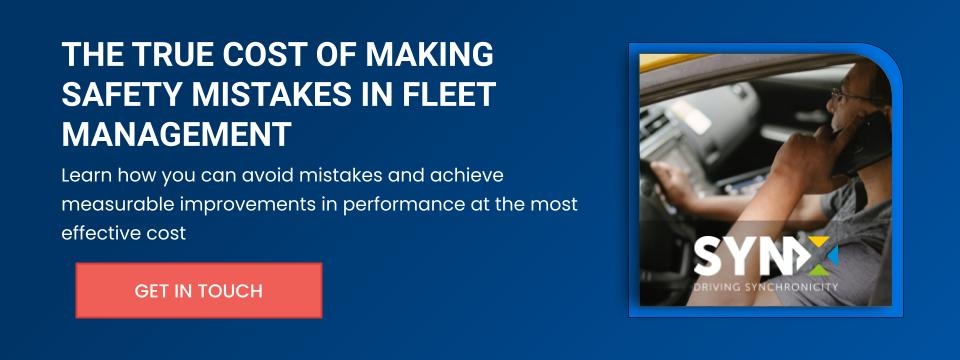
The overwhelming majority (89%) of drivers say car headlights on UK roads are too bright, leaving them dazzled while driving, new research suggests.
The RAC survey of 2,700 drivers found that the problem also appears to be getting worse with 63% of drivers who get dazzled saying it’s happening more often, with one-in-four (23%) claiming they’re now dazzled a lot more regularly.
Furthermore, almost two-thirds (64%) think they risk causing other drivers to have collisions while two-in-three (67%) say they can’t tell if the headlights of oncoming cars are dipped or on full beam.
RAC spokesperson Rod Dennis said: “There are a number of factors that contribute to whether a headlight dazzles another driver or not, the most important being the angle of the headlights as you look at them.
“If they’re not angled properly – or the driver in the oncoming car has forgotten to dip their headlights – there’s every chance you’re going to get blinded.
“Modern LED headlight technology may also have a part to play as the human eye reacts to the so-called ‘blue light’ from LEDs differently to the ‘yellow light’ of conventional halogen headlights.
“This presents a real irony: the brighter and better your vehicle’s headlights are, the clearer your night-time view of the road ahead is, often it seems at the expense of anyone coming towards you.”
Three-in-10 (30%) of those aged 17-34 think most headlights are too bright, compared to just 19% of those aged 65 and over.
Meanwhile, of those younger drivers who believe some, if not most, car headlights they see are too bright, 70% think the accident risk is increased – while for drivers aged 65-plus the proportion is 62%.
The brightness of some car headlights even appears to be putting motorists off driving at night. Sixteen per cent of those who complain about the intensity of headlights say they avoid driving at night altogether, with women (22%) and those aged 65 and over (25%) much more likely to say they deliberately don’t drive after dark than men (9%).
The RAC’s research also asked dazzled drivers to estimate how long it typically takes for them to be able to see clearly again. While most (65%) said it took between one and five seconds, one-in-10 (12%) said it took upwards of six seconds.
Being unable to see for one second while driving at 60mph means a driver would travel around 13 metres (more than six car lengths), but being blinded for six seconds would see them covering an enormous 160 metres (the equivalent of 40 car lengths), which suggests headlight glare could be compromising safety on the roads.

Photo by Bruno Pardini on Unsplash



